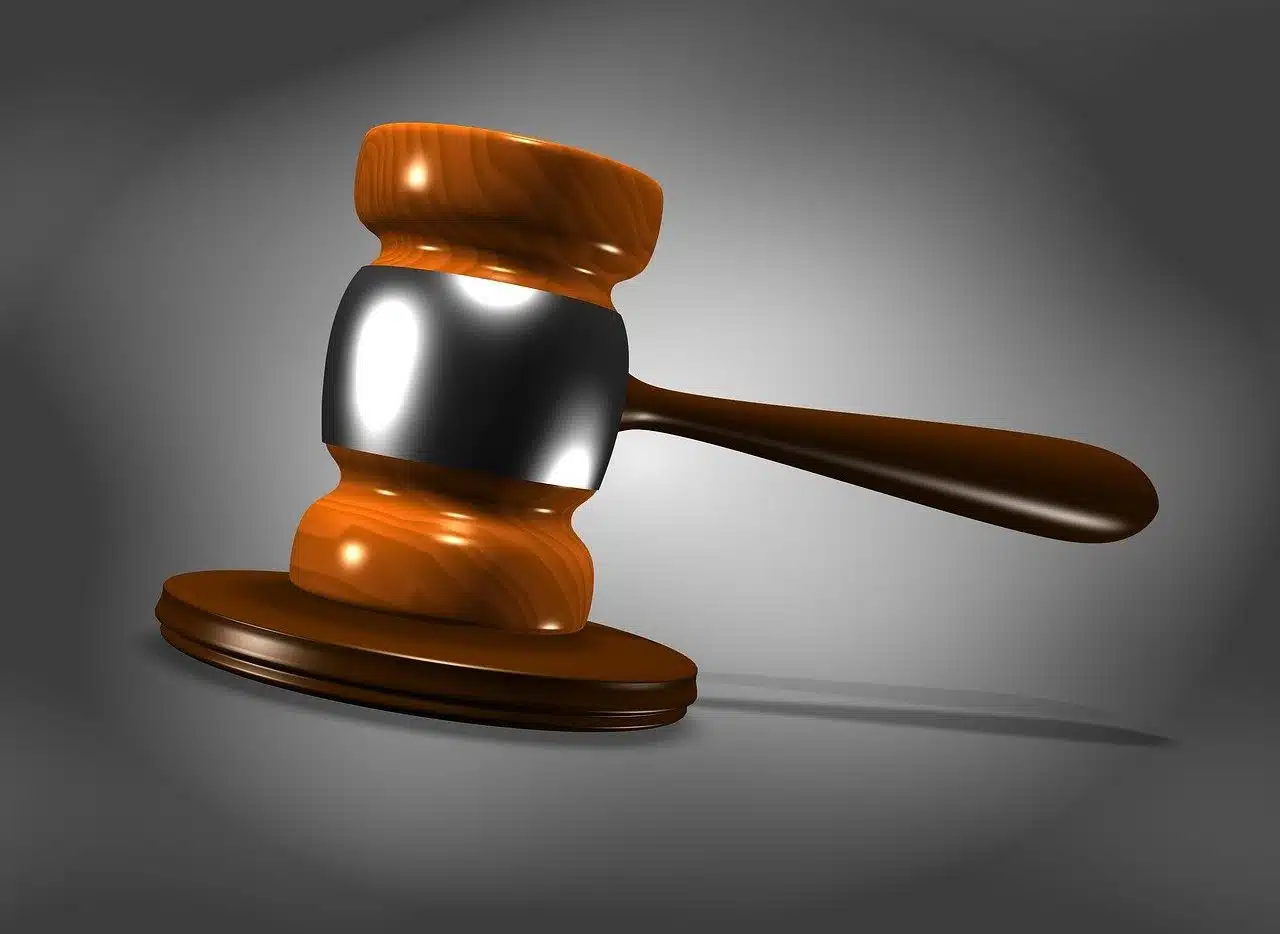
Fashion design is protected by intellectual property.
Intellectual property is the exclusivity right that the creator of an artistic, literary or scientific work has over it during the period established by law. It is a power of exploitation that extends for a certain period.
The concept also covers other creations developed with the intellect, such as images, names and symbols used in the commercial field or an invention in a broad sense. Trademarks , copyright and patents are resources that are included under the idea of intellectual property.
What is intellectual property
Intellectual property is the legal protection granted to that created by the mind of a person that is susceptible to economic exploitation . Said safeguard can be applied to both physical products and intangible elements.
It is understood that the rights linked to intellectual property confer protection to the interests of those responsible for the works . What is done is to grant these individuals certain prerogatives to guarantee their recognition and allow them to obtain exclusive profits for their creations.
The theory also indicates that intellectual property promotes innovation and creativity . These legal mechanisms are understood to strike a balance between the interest of the creator and the public interest.
It cannot be omitted to mention that intellectual property does not protect ideas, but rather the expression of ideas in the forms provided for by law. If we focus on the legislation of Argentina , to mention one case, intellectual property applies to a dramatic work, a book or other text; a sculpture , a painting, a drawing or an architectural creation; a film or audiovisual work; a photograph; a musical composition, recording or phonogram; a choreography; a model, a map or a plan; a broadcast broadcast; a computer program ( software ); or a database.

Thanks to intellectual property and related rights, a company can exploit its registered trademark products through the commercialization of licenses.
Benefits for authors
Intellectual property provides different benefits to authors. Thanks to it, the creator can decide exclusively where and how to exhibit or reproduce the work , modify it and exploit it on a commercial level.
In turn, intellectual property prohibits any subject who does not have authorization from exercising the aforementioned rights. That is to say: if a person does not have the intellectual property of a novel, to point out one possibility, they are not authorized to print copies and sell them. If you do so, it will be an act of piracy based on an illegal copy of the literary work that generates an act of illicit trade.
It should be noted that intellectual property arises from the moment of creation of the work. It is not mandatory, therefore, to register the creation with an organization to enjoy these rights.
However, the registration of intellectual works is useful since it favors the identification of the creators. Suppose someone commits plagiarism and makes a film with a film plot copied without authorization. Then he exhibits the film and begins to earn income from it. If the author of the original script had registered his creation, it will be easy for him to prove copyright infringement and, with the assistance of a lawyer, initiate a lawsuit to demand a sanction from the person who committed the offense.

A court can determine whether an intellectual property violation occurred.
Intellectual property on the Internet
Intellectual property also governs the Internet . Although the concept is rooted in traditional cultural expressions, when it comes to a manifestation of digital art, an e-book, a streaming music broadcast, a podcast or an online video game, doubts may arise and even tend to minimize the relevance of copyright .
Technological innovation makes it easier to reproduce creations: for example, it is very simple to copy a story from a writer's website and paste it on social networks without mentioning the author, asking permission or reaching an agreement with him. You can even do the same on your own blog and earn money from advertising. However, the availability of the story on the Web does not mean that its creator is willing to give up the business derived from his work.
The duration
The duration of intellectual property is not perpetual. Although the scope depends on each legislation , generally the right for the creator is maintained throughout his or her life .
The author's heirs, meanwhile, maintain the intellectual property of his works 70 years from the death of the creator . On January 1 after this period, the work enters the public domain , which can be used freely by anyone without the need to request authorization.
For this reason, on January 1 of each year the celebration of World Public Domain Day takes place. On that day, thousands of works are released and can be used, distributed and modified.
Negative aspects of intellectual property
Intellectual property has been recognized internationally since 1886 through the framework provided by the Treaty of Berne . However, there is a movement that is against this regulation .
Critics of intellectual property believe that these rights allow few people to get rich without the community obtaining a net gain. In this way, the promoters of the so-called free culture consider that cultural exchanges and consumption should be encouraged without restrictions.
